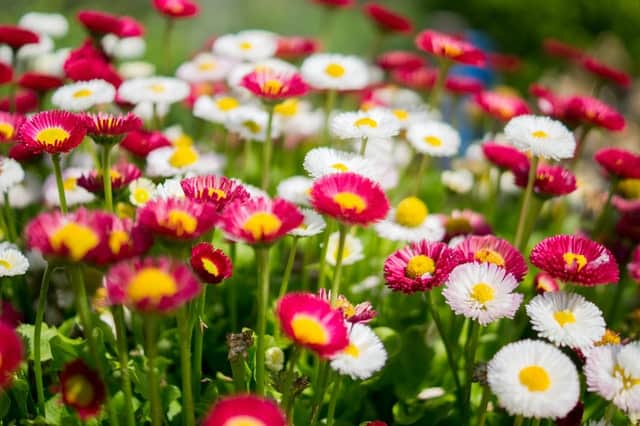The Flower-School by Rabindranath Tagore
Rabindranath Tagore’s poem “The Flower-School” is a lyrical reflection of a child’s innocence and the mother-child relationship.
Rabindranath Tagore (1861-1941) was born in Calcutta, India. Tagore played an important role in the Indian history of art and literature as well as in Indian politics. He was called the “Gurudev,” meaning a wise teacher who enlightened his pupil. In 1913, he became the first Indian to win the Nobel Prize in Literature for his magnificent translation of Gitanjali, Song Offerings. Besides, he also played an essential role in India’s freedom movement. His composition “Jana Gana Mana” was chosen as India’s national anthem after independence.

Rabindranath Tagore’s poem “The Flower-School” is a lyrical reflection of a child’s innocence and the mother-child relationship.

Rabindranath Tagore’s poem “Freedom” is an impassioned address to his motherland, India. This piece explores the importance of freedom in its entirety.

“When my play was with thee” is the 97th verse (XCVII) from Gitanjali by the Nobel laureate Rabindranath Tagore. It is addressed to the supreme being.

“Light, oh where is the light”, verse 27 (XXVII) in Rabindranath Tagore’s Gitanjali, is about Tagore’s spiritual yearning for the divine light.